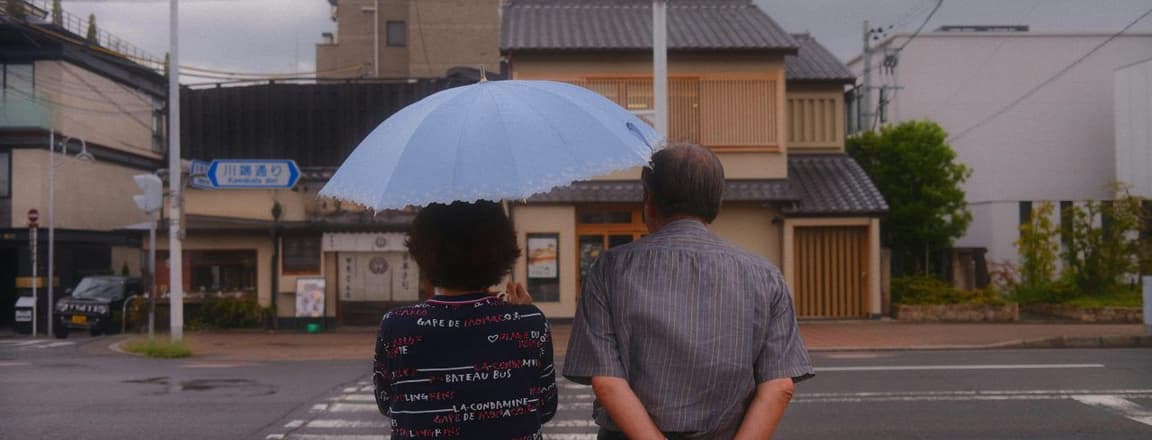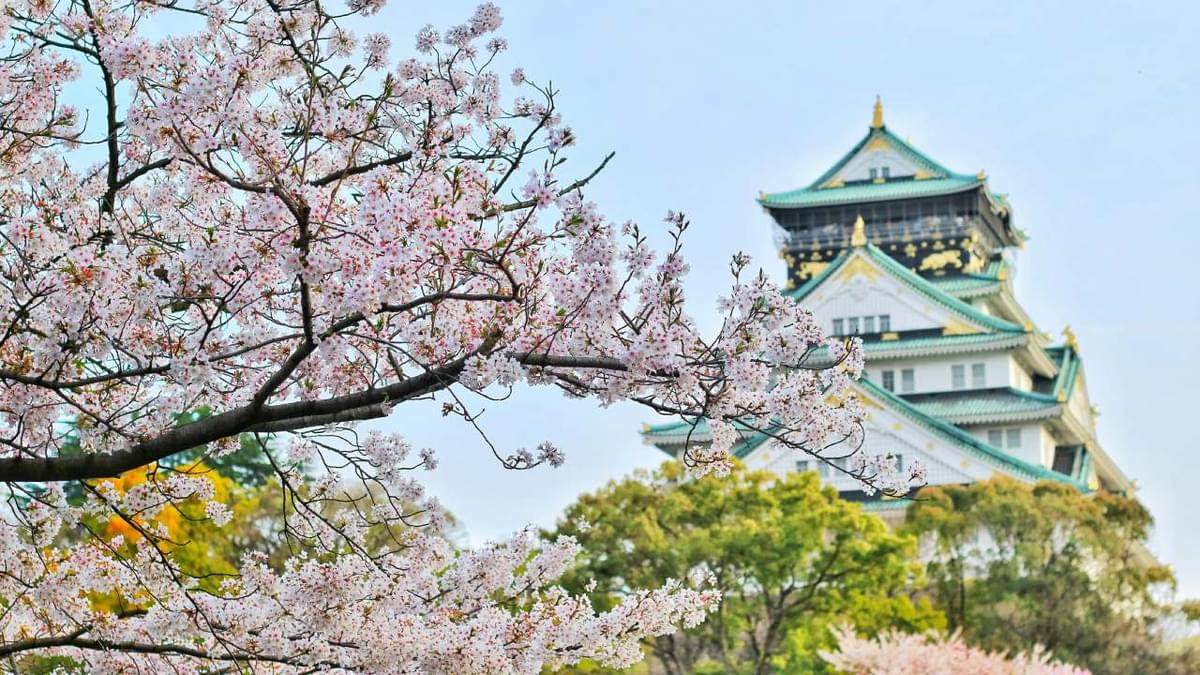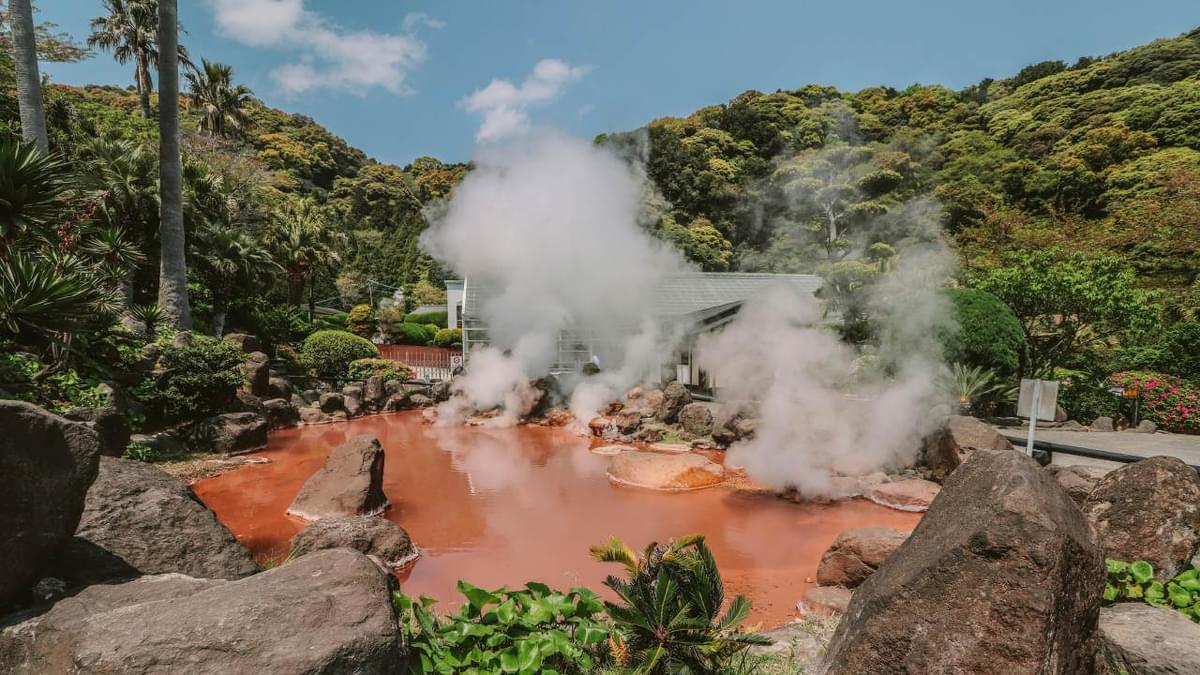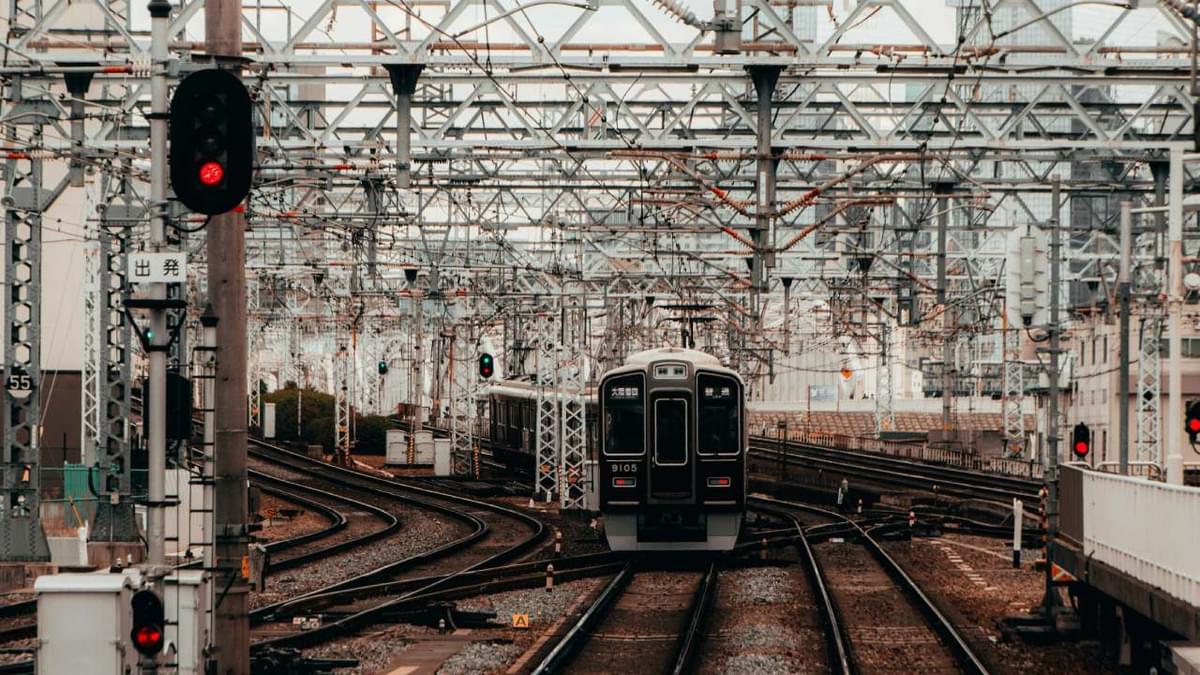
Japan for Seniors: Accessible, Comfortable & Barrier-Free Travel

Want an accessible travel in Japan for seniors? This guide is your complete roadmap to Japan’s wheelchair-accessible transport, senior-friendly onsens, and verified tours for mobility-friendly travel. Discover how older travellers can enjoy barrier-free sightseeing, accessible hotels, and smooth transfers with confidence. Whether you’re using a wheelchair, walker, or simply prefer comfort-first travel, Japan offers world-class accessibility, efficient transport, and warm hospitality that make every journey relaxed, safe, and unforgettable for seniors.
Key Takeaways
- Pre-trip checklist for seniors (visas, insurance, mobility documents)
- Verified step-free and accessible Japan tour operators
- How to find wheelchair-friendly onsens and private baths
- Essential tips for accessible transport and senior-friendly hotels
- Resource links, safety notes.
Pre-Trip Checklist for Senior and Mobility Travellers

Japan is famously efficient, but for senior and mobility-impaired travellers, success begins with solid planning.
Visa, Documentation & Senior Travel Insurance in Japan
- Apply 3–6 months in advance; older travellers may be asked for extra documents.
- Choose Japan travel insurance for seniors that covers medical care, evacuation, and mobility aids (USD 50,000–500,000 coverage range recommended).
- Print both physical and digital copies of all travel documents for easy verification.
Medical Preparation & Accessibility Essentials for Seniors
- Carry a doctor’s note summarising your health condition and prescribed medications.
- Keep medicines in their original labelled packaging for customs and clinic reference.
- Save emergency contacts, your physician, insurer, and local embassy in your phone and notebook.
Wheelchair & Mobility Equipment Guidelines for Flights to Japan
- Airlines require prior notice for electric wheelchair batteries; confirm regulations before booking.
- Save contact details of a wheelchair repair service in Japan (Tokyo, Osaka, or Fukuoka).
Airport Assistance & Accessible Arrival Planning in Japan
Major airports in Japan, including Haneda, Narita, and Kansai (KIX), offer wheelchair rental and escort services, but requests must be made 48 hours in advance. Arrange an accessible airport taxi or shuttle to your hotel for a smooth arrival.
Pre-Trip Checklist
- Visa and insurance confirmed
- Doctor’s note & medication list
- Wheelchair paperwork
- Airport/train assistance requested
- Accessible transfer arranged
- Japanese help phrases printed
Pro Tip: Save all these files offline on your phone and carry a printed backup in your handbag or mobility case.
Wheelchair-Friendly Onsens & Private Baths for Seniors in Japan

Best Accessible & Senior-Friendly Onsens in Japan
- “Kashikiri” (family or private baths) allow privacy, assistance, and flexible time slots.
- Confirm bench seating, grab bars, non-slip flooring, and level access directly by email.
- Prioritise onsen verified by accessibility travel planners or concierge services.
Top Accessible Onsen Regions: Hakone, Beppu & Kinosaki
- Hakone: Modern resorts like Yunessun feature elevators and private bathing rooms.
- Beppu (Kyushu): Dozens of hotels with accessible layouts, lifts, and staff support.
- Kinosaki Onsen: Charming yet older; choose newer ryokans with modern facilities.
Onsen Etiquette for Seniors & Mobility Travellers
- Always shower and rinse before entering the bath.
- Public onsens often restrict tattoos, but book private or tattoo-friendly baths.
- Caregivers can usually assist in private baths; clarify policies while booking.
Senior-Friendly Transport & Accessible Accommodation in Japan

Japan’s transport network is among the world’s best, but not all stations are step-free.
Step-Free Transport Options for Seniors
- Japan Rail (JR): Provides boarding assistance - request help one day before travel.
- Accessible Airport Facilities: All major hubs have restrooms, ramps, and escort staff.
- Private Accessible Vans & Taxis: Recommended for seniors seeking comfort and minimal transfers.
How to Book Wheelchair-Accessible Hotels in Japan
Before confirming, check for these essentials:
- Elevator or ground-floor rooms
- Roll-in showers or level bathroom access
- Grab bars near the toilet and the shower
- Non-slip flooring and transfer-friendly beds
- Proximity to station elevators or taxi stands
Japan Senior Travel Budget Guide (Per Day Costs)
Travel Style | Cost | Inclusions |
| Budget | ¥10,000–15,000 | Public transport, business hotel, casual meals |
| Mid-Range | ¥18,000–30,000 | Accessible hotel, taxi transfers, guided day tours |
| Premium | ¥35,000+ | Concierge-planned itinerary, private driver, luxury ryokan |
Practical Accessibility Resources for Seniors in Japan
- Airports: Contact wheelchair desks at Haneda, Narita, and Kansai 48 hours before arrival.
- Japan Rail Assistance: Reserve staff help when purchasing Shinkansen tickets.
- Wheelchair Rentals: Available at airports, hospitals, and via local accessibility planners.
- Travel Insurance: Verify age-specific coverage and evacuation policies.
Conclusion – Seamless Accessible Travel for Seniors in Japan
Japan’s deep respect for hospitality makes it a natural fit for senior travellers seeking accessibility. By choosing verified step-free tours, confirming hotel access in advance, and leveraging Japan’s efficient public systems, seniors can explore confidently at their own pace.
Book your personalised Accessible travel in Japan for seniors at Pickyourtrail. Check out Japan tour packages to experience the comfort, where every detail is designed for ease, dignity, and discovery.
FAQs
Is Japan accessible for seniors using wheelchairs or walkers?
Yes, major Japanese cities like Tokyo, Osaka, and Kyoto are increasingly wheelchair-accessible, with elevators, ramps, and barrier-free restrooms at most train stations and attractions.
Which onsens in Japan are suitable for seniors with mobility challenges?
Beppu and Hakone are the most reliable regions for wheelchair-friendly onsens. Opt for private “kashikiri” baths equipped with benches or hoists.
What’s the best season for senior travel in Japan?
Spring (March–May) and Autumn (October–November) offer mild temperatures, accessible conditions, and fewer tourist crowds, ideal for step-free sightseeing.
Can I request accessibility assistance without speaking Japanese?
Yes. Most transport staff understand simple English. Carry printed cards with key Japanese phrases such as “Help please” (Tasukete kudasai) or “Wheelchair assistance.”
What’s a realistic daily budget for senior travellers in Japan?
Plan for ¥20,000–30,000 per person per day for mid-range comfort, including accessible hotels, taxis, and meals. Premium concierge tours cost around ¥35,000–45,000.
Update your location?



